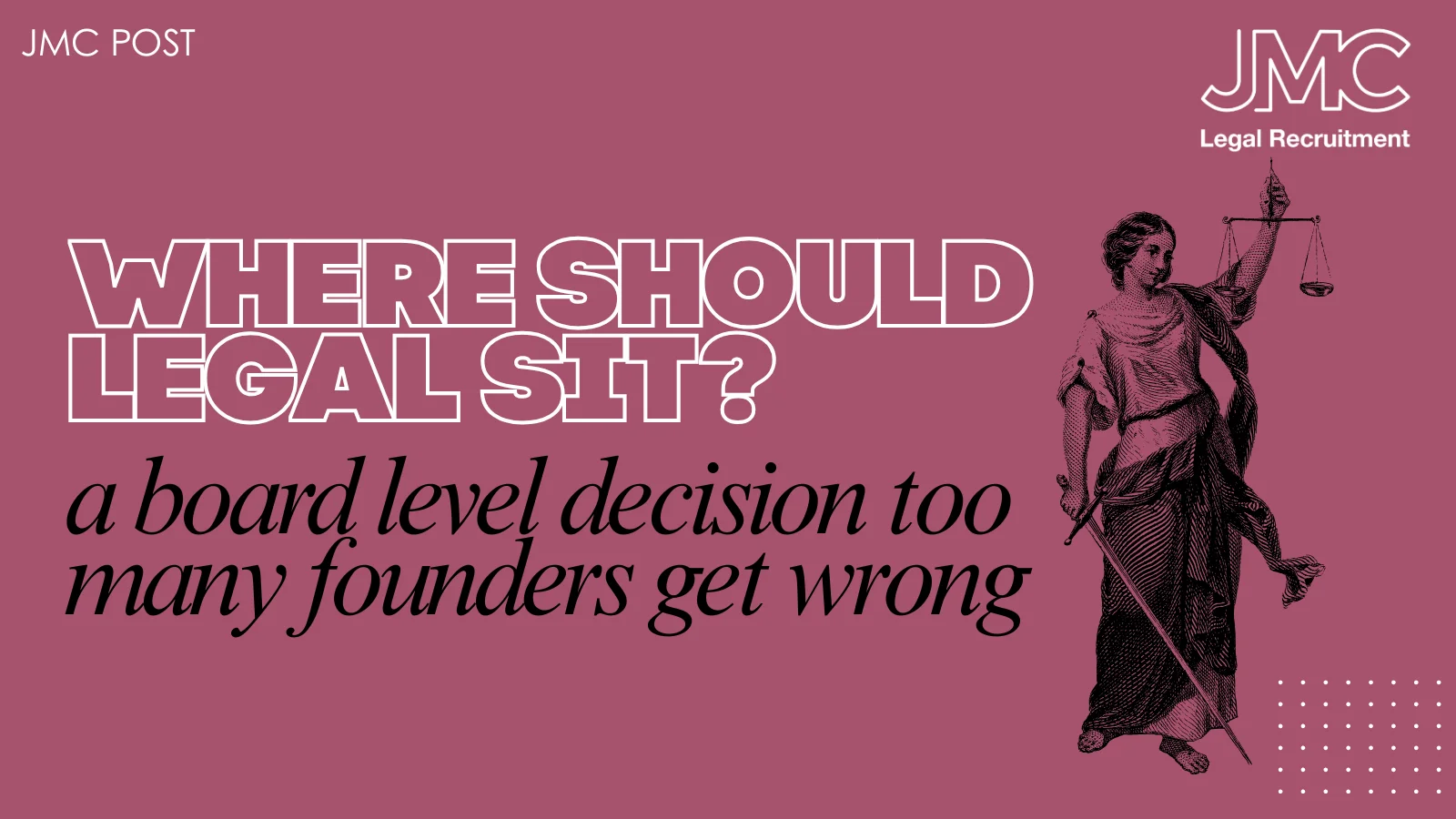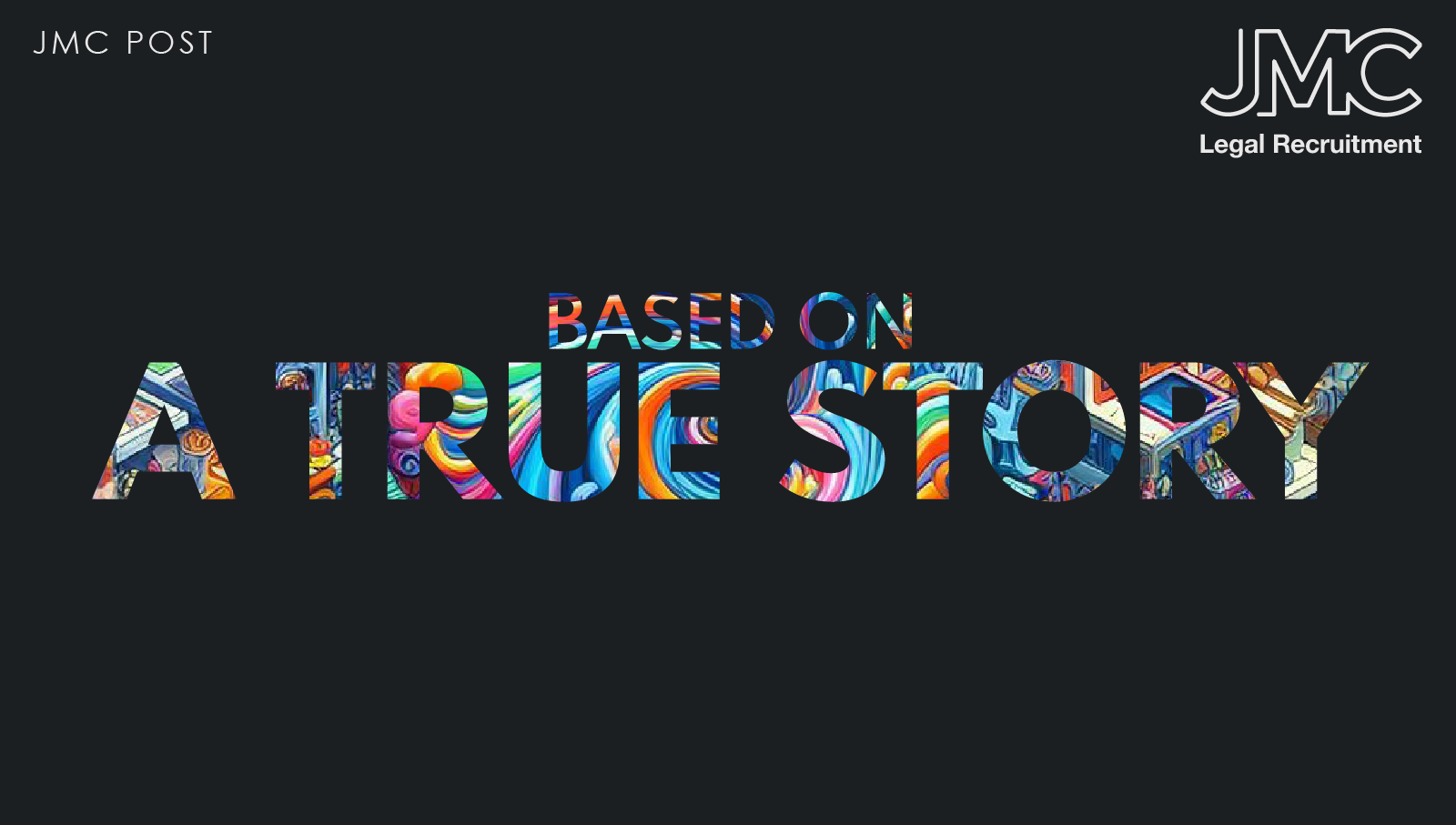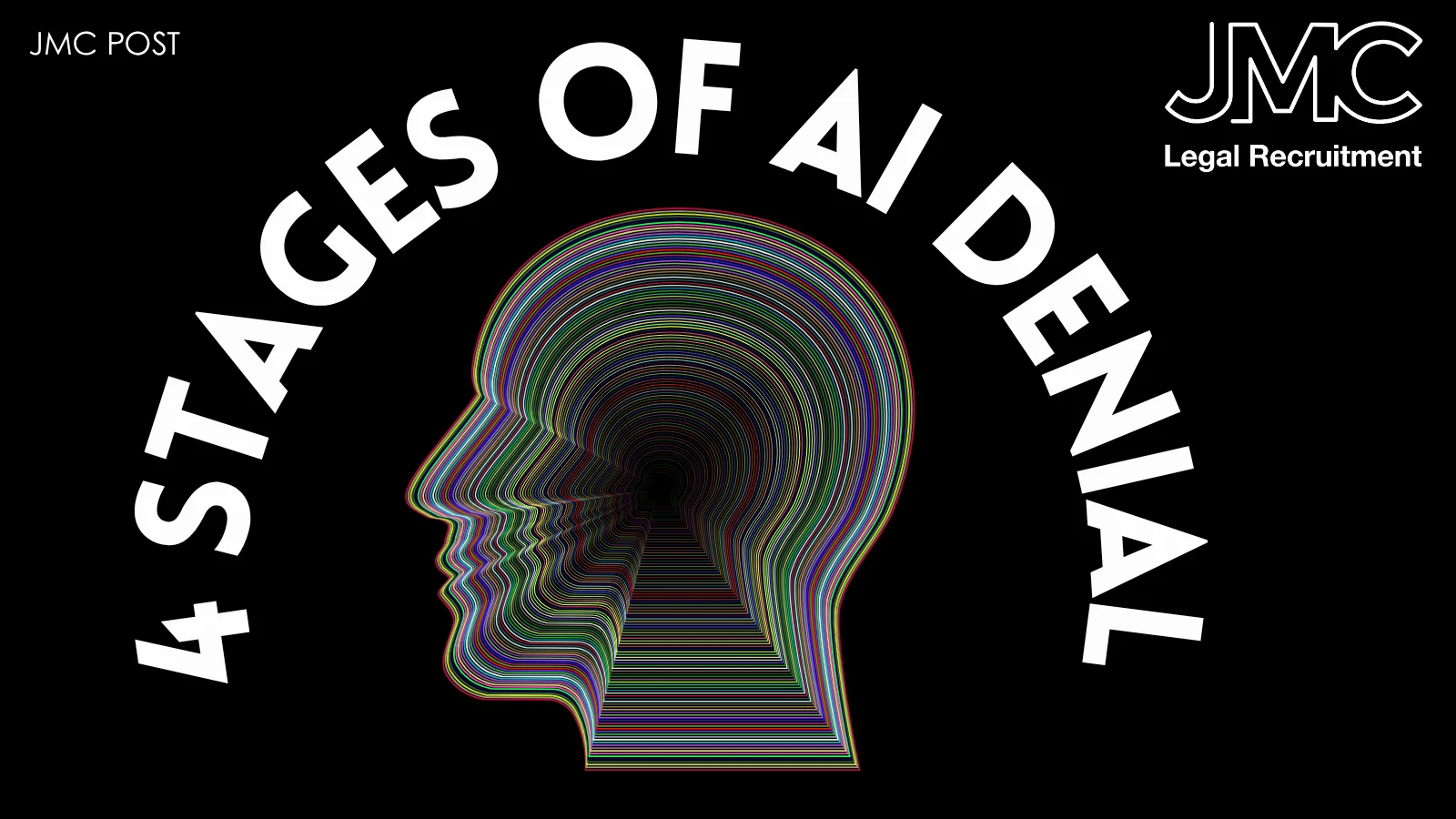
Based on a True Story
19 Jul, 20245 minutes
💻How much right do you have to your own life story?
Not a lot. As long as producers in the US or UK gather information legally, they are free to create works based on real-life events.
But as we’re seeing at the moment, while that’s technically accurate and leads to many successful biopics, producers still have a tremendous responsibility to prove their depiction is true, or be clear if they intend to dramatise or fictionalise elements.
It’s not enough to say “based on a true story” and carry on. Details like names, jobs, locations and other identifiable features often have to be changed to avoid identifying the real person. You may also need to be very clear with the audience that events have been fictionalised or dramatised if you identify a person, but can’t prove certain comments or events happened.
Biopics are popular at the moment, but with this popularity we’re seeing an increasing number of legal cases by people who don’t like their portrayal on camera.
This has led to legal headaches for broadcasters, film companies and streaming giants like Netflix who recently skipped the usual “Based on a true story” and opted for “This is a true story” for the show Baby Reindeer. A choice that will be tested in court.
The appetite for true stories and the huge audience numbers they reach means there’s a reason producers are taking a defamation risk. There’s certainly plenty to keep defamation lawyers busy at the moment.
Who would you want to play you in a film-version of your life? Tell us in the comments who would be the perfect ‘you’ on film or television!



